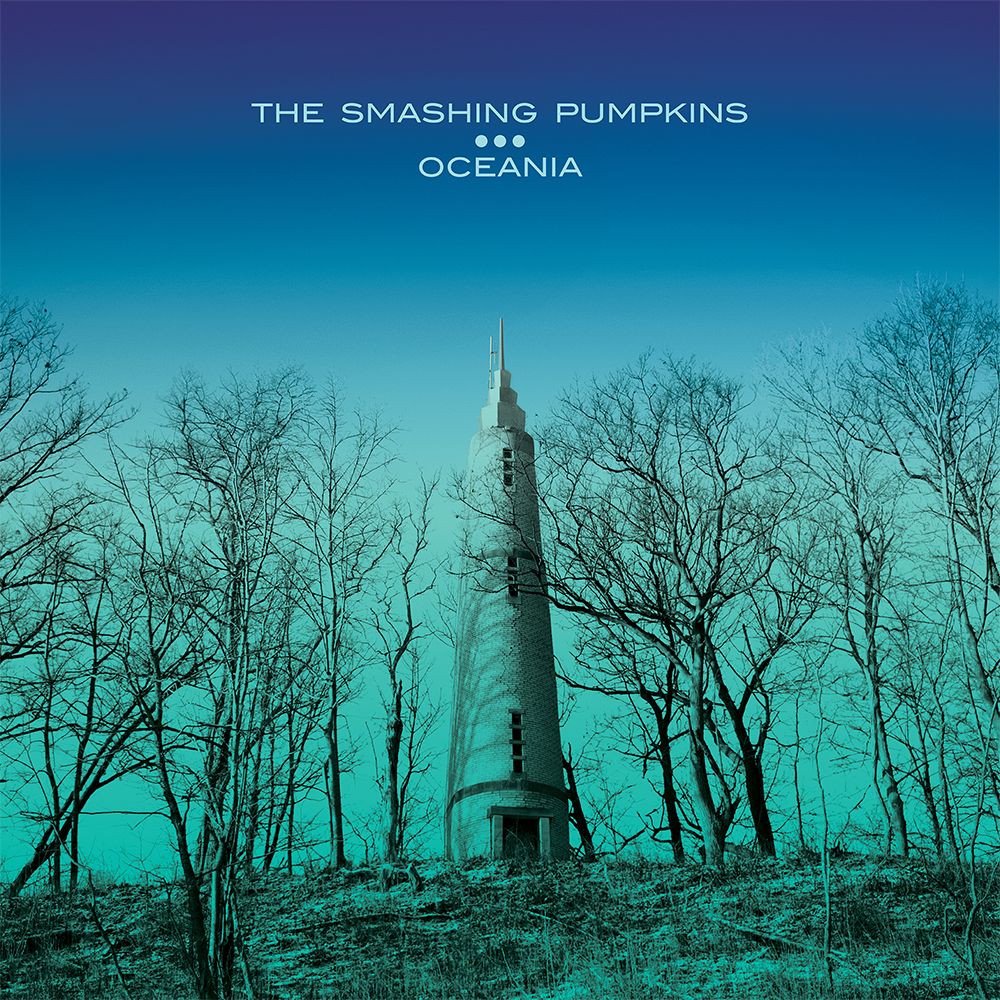The title of 2007’s Zeitgeist served as something of a sad irony, as the album failed to connect with listeners and was widely derided by critics. It came and went, and since then Billy Corgan – now the sole remaining Smashing Pumpkin from the band’s original line-up – has been rather unpredictable and contradictory. After announcing a 44-track concept album/project called Teargarden by Kaleidoscope (whose details seem to change quite often – initially, Corgan claimed he would never release a traditional album again…), the band’s de facto leader has released a handful of new tracks, only a couple of them being particularly good. But Oceania is the group’s first album proper since Zeitgeist, and it’s probably their best whole work since Adore from 1998.
Much has been said over the years regarding the fact that Corgan was pretty much always the bandleader, and he didn’t get along too well with the other members of the group. Even longtime drummer Jimmy Chamberlin finally left in ’09 after the Zeitgeist debacle. But Corgan, like a more productive (and bald) Axl Rose, refused to take this as a sign, and held open auditions of sorts before enlisting an entirely new Smashing Pumpkins lineup. (One of the members was 19 years old when he joined, but seemingly nothing is quite surprising in the world of Corgan anymore.)
Oceania isn’t a great record, but it’s a strong enough one, filled with songs that sound like the Smashing Pumpkins you remember. “Quasar” instantly reminds us of the band’s masterpiece Siamese Dream – maybe because it comes close to lifting a riff straight from that record, but we can ignore that – and with song titles like “Panopticon” and “Glissandra,” even the tracklisting stays in line with the group’s quirky past.
Corgan has been at war with the press and other bands for years (recently claiming that he’d “piss on Radiohead,” for some reason or another) and at one point swore off ever writing another accessible radio single – but one listen to “Inkless” refutes that idea, as it certainly sounds like a spiritual successor to melodic hits like “1979.” And while there are the occasional missteps like “Pale Horse” (a song that suffers for its aimless lyrics), overall, there’s a consistency to the record that is refreshing.
The album’s highlight is the excessive, sprawling 9-minute title track, which opens with a synth-y variation on the Danny Elfman Batman theme (swear to God!) and then kicks into gear with Corgan’s aged yet ever-familiar, nasally singing. This is the kind of unabashedly self-indulgent prog-rock epic that Corgan built a fanbase with, and those still left standing by his side will find Oceania to be a fine return to form. Others may find themselves admiring what it represents without ever feeling the urge to listen to it again. Either way, it inspires some hope for the whole Teargarden thing.

